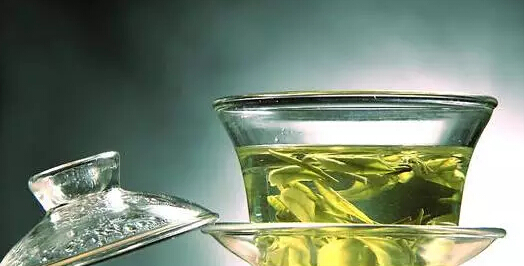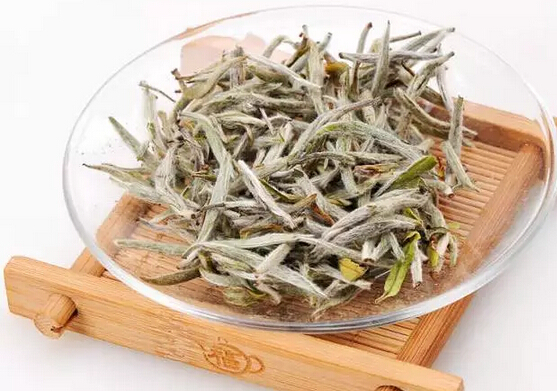1. Strengthens Teeth
Tea contains a high amount of fluoride, which is beneficial for preventing cavities and maintaining strong teeth.
2. Radiation Protection
Tea contains lipopolysaccharides that have radiation-protective effects, capable of absorbing harmful radioactive substances like strontium-90 and cobalt-60.

3. Lowers Blood Pressure
White tea is rich in vitamin C, which helps move cholesterol from arterial walls to the liver, reducing blood cholesterol levels while enhancing vascular elasticity and permeability. The theophylline in white tea dilates blood vessels, improving circulation and aiding in blood pressure reduction.
4. Protects Eyesight
White tea contains abundant vitamin A precursors, which the body quickly converts into vitamin A. This vitamin is essential for synthesizing rhodopsin, improving night vision, and preventing night blindness and dry eye syndrome.

5. Detoxification and Anti-Cancer
Green tea polyphenols can inhibit molecules involved in certain cancers. Biochemist Dr. Rodney's research concludes that white tea is more effective than other teas in preventing mutations, suggesting greater anti-cancer potential.
6. Weight Loss
A UK nutritional survey found that women who regularly enjoy afternoon tea tend to be slimmer. Tea contains fatty acids that help break down fats.
7. Prevents Bad Breath
The tannic acid in tea has antibacterial properties, preventing food particles from breeding bacteria and thus effectively combating oral odor.
8. Longevity
Tea contains trace elements like manganese, zinc, and selenium, as well as vitamins C, P, E, and polyphenols, which clear free radicals and inhibit lipid oxidation, contributing to longevity.

9. Treats Acne
Green tea's antibacterial, anti-inflammatory, and hormone-regulating properties make it an excellent choice for treating acne.
10. Improves Vision
The vitamin C in tea reduces lens opacity, helping prevent eye diseases and improve vision.
11. Anti-Aging and Antioxidant
Vitamin E in tea is an antioxidant that prevents lipid peroxidation, slowing aging. White tea's high flavonoid content also provides strong antioxidant effects.
12. Liver Protection
Tea contains vitamin K (300–500 IU per gram), which aids liver synthesis of clotting factors.

13. Lowers Blood Sugar
Tea polysaccharides and diphenylamine in tea lipids help reduce blood sugar. Studies suggest white tea's enzymes promote fat metabolism, regulate insulin, and balance blood sugar, aiding diabetes prevention.
14. Prevents Cardiovascular Diseases
Tea polyphenols inhibit arterial plaque formation, reduce fibrinogen (which enhances blood clotting), and prevent atherosclerosis.
15. Fights Pathogens
Tea polyphenols have strong astringent effects, inhibiting and killing pathogens. Research by Dr. Schiffenbauer at Pace University shows white tea extract may suppress bacteria causing staph infections, strep throat, pneumonia, and cavities, and combat deadly viruses.
16. Skincare
Water-soluble tea polyphenols cleanse facial oil, tighten pores, and offer anti-aging, UV protection, and antibacterial benefits.

17. Boosts Mental Alertness
Caffeine in tea stimulates the central nervous system, enhancing brain activity and improving focus.
18. Aids Digestion
Tea caffeine increases gastric juice secretion, aiding digestion and fat breakdown.
19. Enhances Immunity
A 2003 study in Tea Information cited Harvard research showing white tea boosts interferon secretion by immune cells fivefold.
20. Reduces Blood Lipids
White tea has anticoagulant and fibrinolytic effects, improving hypercoagulability without side effects, making it effective for lipid management and stroke prevention.